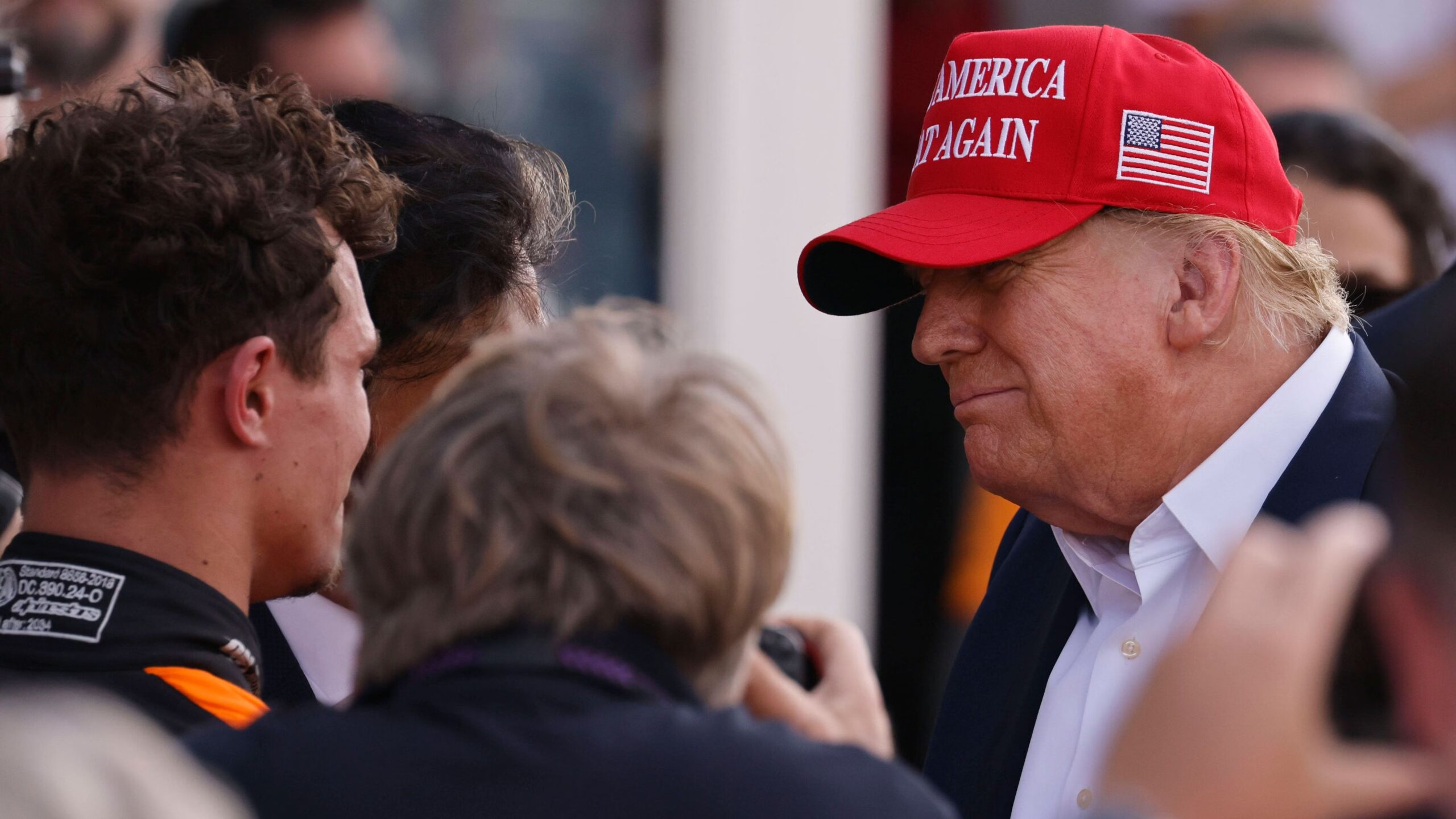
US President Donald Trump is preparing for his June visit to Canada for the G7 Summit. He’ll get to jump into an important conversation surrounding international trade, tariffs and regional economic development. As international markets remain on edge, US Treasury Secretary Scott Bessent has taken the reins to steer the Administration’s tariff agenda. He has shown that he is serious about addressing the concerns both at home and overseas.
Bessent’s influence has been significant, with reports suggesting that he has almost single-handedly calmed market fears regarding Trump’s aggressive tariff policies. His efforts come in the wake of the US’s strained relations with various countries, including Spain, where a “frank” discussion took place with Spain’s finance minister, Carlos Cuerpo. The US is not pleased by Spain’s potential tariffs, since the country only does this as part of the unified member of the EU. Adding a 20% levy would further sour trade relations.
Confusion Surrounding US Trade Policy
The situation is especially confusing for our friends across the pond, as the US’s tariff approach seems completely illogical. The White House defines “trade cheating” through standards like maintaining a goods trade surplus. Looking solely at the above criteria, an argument can be made that the US is a little bit “cheating” on the UK. This contradiction has resulted in a confounding lack of clarity for anyone trying to understand the logic guiding today’s US trade policies.
During the meetings leading up to the G7 Summit, Bessent reaffirmed the US’s commitment to international financial institutions like the International Monetary Fund (IMF) and the World Bank. He indicated a desire to return these institutions to their core functions without diverging into social issues or environmental considerations.
To be sure, President Trump has always framed his tariff strategy as a means to protect American interests. He has previously proposed that tariff revenue would be sufficient to “completely eliminate”—look out, income tax filers—income taxes for “most folks.” If true, this reflects the fact that his administration is almost certain to continue punitive tariff policies. They continue to ignore the global debacle and discontent their policies have produced.
The administration’s tack to food standards has been just as puzzling, being consistently intractable on the issue while giving ground to appease trading partners. Japan’s finance minister, Katsunobu Kato, called the US tariffs “highly disappointing,” arguing they’ve harmed growth and destabilized markets. This feeling is emblematic of broader fears related to Trump’s touted “reciprocal tariffs.” As a result, stateside and international stakeholders are united in their anger about these policies.
Trump is already preparing for his visit to Alberta, arguing that the province properly belongs to the United States. As he prepares to take office, all eyes will be on how his administration will navigate its contentious relationship with Canada and other G7 countries. The next summit could be an important opportunity for trade officials to discuss and de-escalate aggressive unfair trade practices, including harmful tariff policies.
Bessent’s Role in Maintaining Market Confidence
Bessent has become perhaps the most important character in this very real drama as it unfolds, focused on the permanence of US financial markets. He stated, “Investors need to know that the U.S. government bond market is the safest and soundest in the world.” This latter claim is intended to comfort nervous investors during rocky times with Trump’s unpredictable trade agenda.
There isn’t universal agreement among US officials on US trade strategy. A senior G7 official remarked on the inconsistencies in messaging from various branches of the government: “It depends on who you talk to on which day of the week… I’ve heard three different positions articulated on the baseline, one by the White House, one by the Commerce Department, and one by a US Trade representative.”
Another senior official commented on the unpredictability of outcomes surrounding trade negotiations: “Do you know what the final outcome will be? Whatever the president wants at that moment, shaped by industrial, market and political issues.”
As tensions simmer over trade policies, some government advisers have floated ideas regarding leveraging US economic power as a diplomatic tool. Among other proposals, the threat to deny or veto Federal Reserve dollar “swap lines” to other countries has surfaced as an interesting new tactic. This raises troubling questions about the use of economic measures as weapons in geopolitical conflicts.
The issues for and against Trump’s tariffs go beyond the short-term economic impacts, showing a more profound geopolitical story. Putting aside the immense international outcry, Trump is truly convinced that it’s necessary to correct what he deems unfair trade deficits with countries like China. He views this move as a critical step toward America’s economic security. He stated, “There’s a huge trade deficit with China, and we need to correct that by opening up to China, by attracting Chinese investment… And that can only be done by engaging and actually talking to the Chinese authorities.”
As the G7 Summit approaches, world leaders will be watching closely to see how Trump positions himself amidst these ongoing trade discussions. Countries such as Spain or the UK, who have already made significant commitments, will want to know that there is some certainty for them. The possible US tariffs risks worsening economic divides.
What The Author Thinks
The continuation of aggressive tariff policies under the Trump administration seems likely to exacerbate international tensions and create further uncertainties in global markets. While the proposed tariff revenue may appear promising for domestic economic goals, the broader geopolitical consequences—such as strained relations with key allies and trade partners—are concerning. It remains to be seen how successful these measures will be in achieving Trump’s stated objectives and whether they will lead to long-term stability in both the U.S. and global economies.
Featured image credit: Heute
Follow us for more breaking news on DMR
